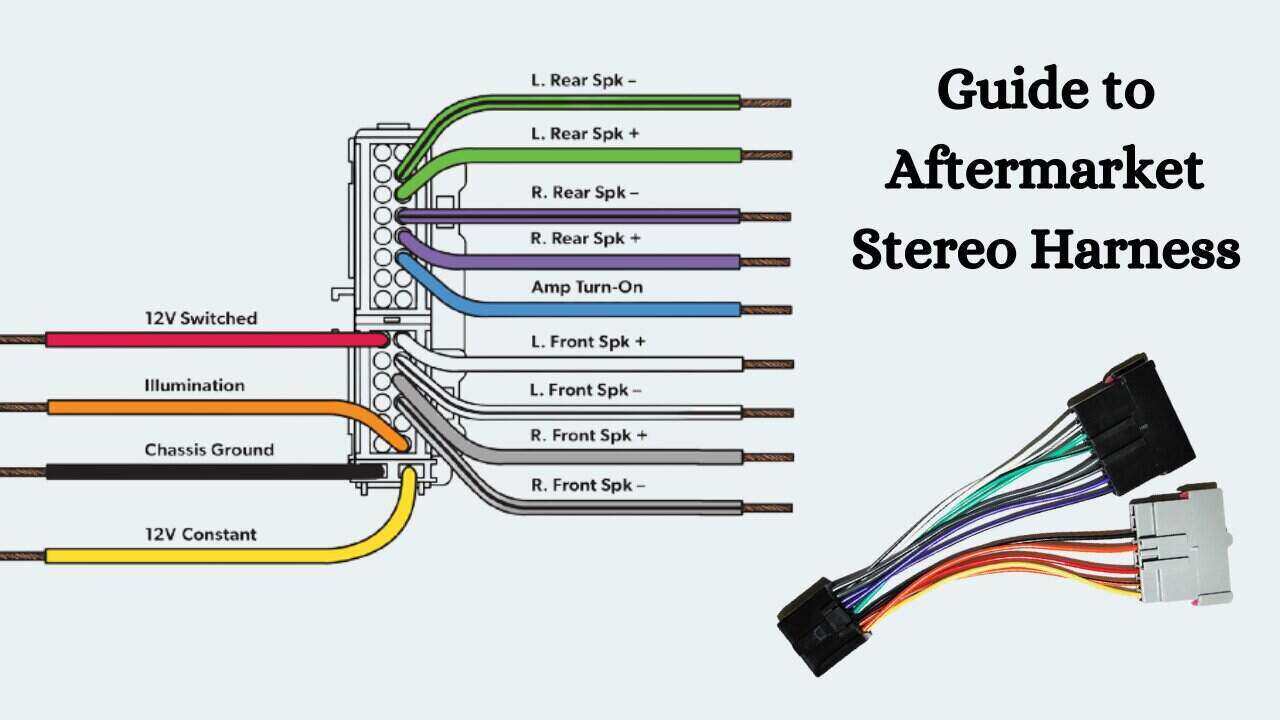Decoding the 1 DIN Car Stereo: Your Guide to In-Car Audio
In the ever-evolving landscape of in-car entertainment, the single DIN car stereo remains a steadfast presence. But what exactly is a 1 DIN car stereo, and why does it matter in today's tech-driven world? This seemingly simple question opens the door to a world of audio customization and in-car connectivity. This guide breaks down everything you need to know about the single DIN head unit, from its origins to its enduring relevance.
The "DIN" in 1 DIN refers to Deutsches Institut für Normung, the German organization responsible for setting industry standards. A 1 DIN car stereo adheres to a specific size—approximately 2" x 7"—making it a universally compatible option for many vehicles. This standardized size has allowed for a robust aftermarket ecosystem, providing car owners with a wide range of choices in terms of features and price points. Understanding the 1 DIN form factor is the first step in navigating the world of car audio upgrades.
The single DIN car stereo has a rich history, originating in the early days of car audio. Initially, these units were primarily focused on AM/FM radio reception, but they quickly evolved to incorporate cassette players and, later, CD players. This adaptability ensured the single DIN standard remained relevant even as technology advanced. Today, while double DIN (4" x 7") head units are gaining popularity, the 1 DIN form factor continues to thrive, particularly in older vehicles or for those seeking a more budget-friendly upgrade.
One of the main issues related to the 1 DIN size is the limited screen real estate. Compared to their double DIN counterparts, which can accommodate larger touchscreens and more elaborate interfaces, 1 DIN head units often require more button presses and menu navigation. However, advancements in technology have led to the development of innovative solutions, such as retractable screens and cleverly designed interfaces, mitigating this limitation to some extent. Furthermore, the compact size of a 1 DIN unit can be an advantage in vehicles with limited dash space.
A 1 DIN car stereo, also known as a single DIN head unit, is the control center for your car's audio system. It's the interface through which you interact with your music, radio, and other audio sources. A basic 1 DIN car stereo will typically include features like AM/FM radio, an auxiliary input, and perhaps a CD player. More advanced models may offer Bluetooth connectivity, USB ports, smartphone integration (such as Apple CarPlay and Android Auto), and even built-in amplifiers.
Benefits of a 1 DIN car stereo include affordability, wide availability, and ease of installation. They are generally less expensive than double DIN units, offering a cost-effective way to upgrade your car's audio. The standardized size ensures compatibility with a wide range of vehicles, making installation relatively straightforward. Finally, the compact size allows for flexibility in placement within the dashboard.
Advantages and Disadvantages of 1 DIN Car Stereos
| Advantages | Disadvantages |
|---|---|
| Affordable | Smaller screen size |
| Widely available | Limited features compared to double DIN |
| Easy installation | May appear dated in modern vehicles |
Best Practices for Implementing a 1 DIN Car Stereo:
1. Choose a reputable brand.
2. Ensure compatibility with your vehicle.
3. Use a wiring harness adapter for a clean installation.
4. Secure the unit properly to prevent rattling.
5. Consult professional installers if needed.
Frequently Asked Questions:
1. What does 1 DIN mean? It refers to a standardized size for car stereos.
2. Can I install a 1 DIN stereo myself? Yes, with basic tools and some technical knowledge.
3. What features should I look for? Consider Bluetooth, USB, and smartphone integration.
4. Are 1 DIN stereos still relevant? Absolutely, especially for budget-conscious consumers or those with older vehicles.
5. Can I upgrade a 1 DIN stereo to a double DIN? Not directly, as it requires modifications to the dashboard.
6. What's the difference between single DIN and double DIN? Primarily size and feature capacity.
7. Do I need a special wiring harness? Often, yes, to avoid splicing into the factory wiring.
8. Where can I find 1 DIN car stereos? Electronics stores, online retailers, and car audio specialists.
In conclusion, the 1 DIN car stereo remains a viable and popular option for those seeking to enhance their in-car audio experience. While double DIN units offer more advanced features and larger screens, the single DIN form factor excels in affordability, ease of installation, and compatibility with a broad range of vehicles. Understanding the nuances of what a 1 DIN car stereo offers empowers you to make an informed decision when upgrading your car's audio system. From its historical significance to its modern-day relevance, the 1 DIN car stereo continues to play a crucial role in bringing music to the open road. Consider your needs, budget, and vehicle compatibility when choosing a head unit, and don't hesitate to explore the diverse range of options available in the market today. Investing in a new car stereo, even a single DIN unit, can dramatically improve your daily commute and long drives.
When worlds collide the allure of female harry potter and twilight fanfiction
Drench your desktop in dreams pastel purple aesthetic wallpaper pc
Unleash your inner artist free calligraphy worksheets for beginners














